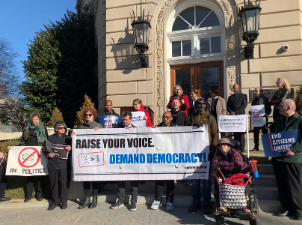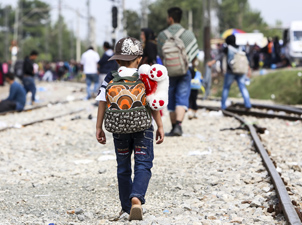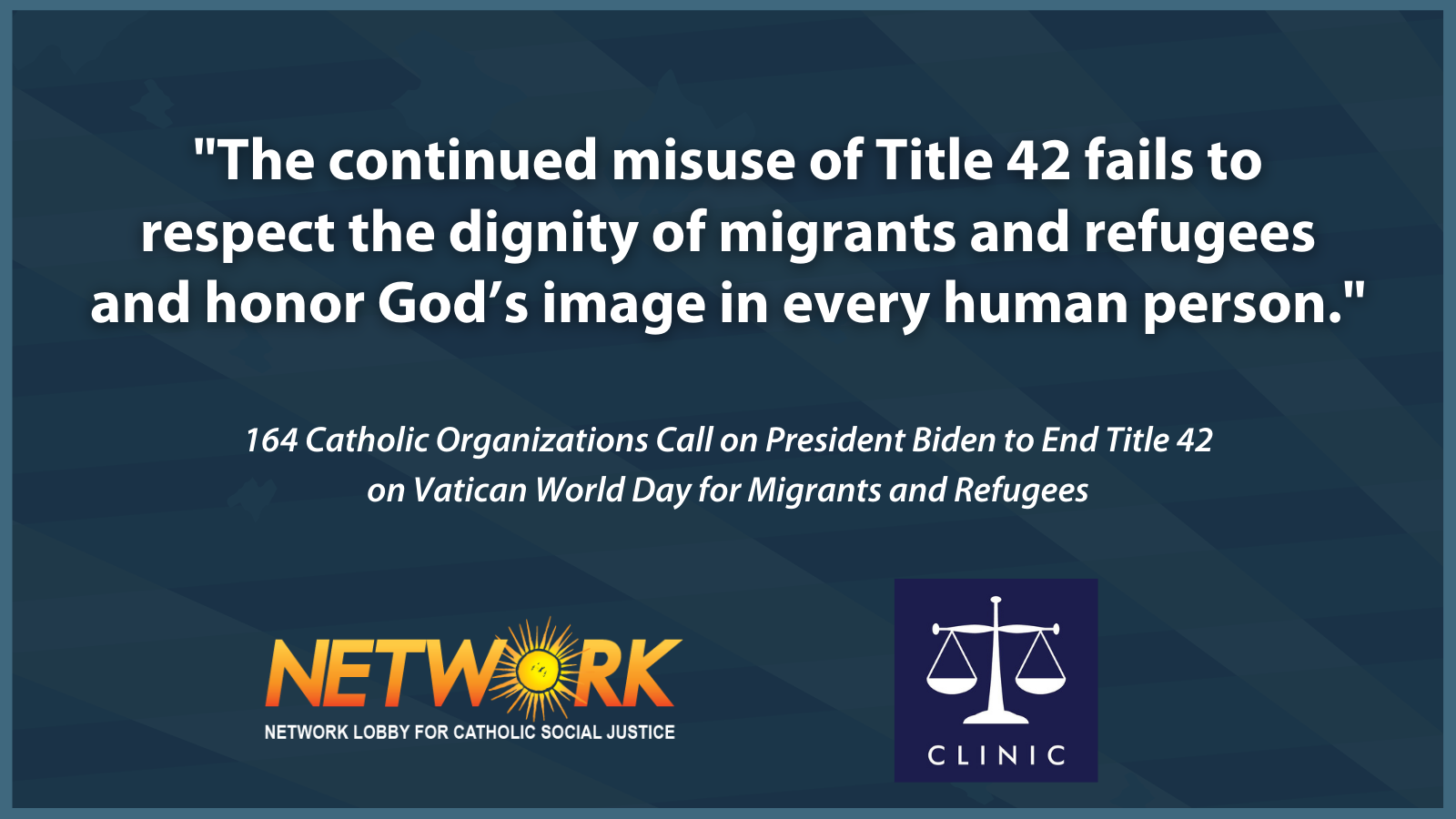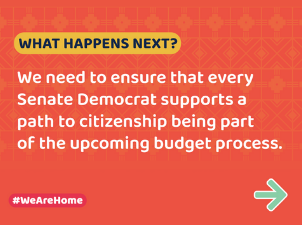
NETWORK Urges all Members of Congress to vote YES on the Build Back Better Act
Julia Morris
November 4, 2021
Ahead of a vote on the Build Back Better Act (H.R.5376), NETWORK Executive Director Mary J. Novak sent a vote recommendation to the Hill urging Representatives to vote yes. This historic legislation reflects values inherent in Catholic Social Teaching as it embodies love of neighbor, care for vulnerable communities, and care for the earth. As importantly, this transformative bill requires those who have the most to contribute their fair share to advancing the common good.
The Build Back Better Act takes critical and necessary steps toward addressing long-standing injustices by:
- Cutting childhood poverty in half by providing a permanently refundable Child Tax Credit and ensuring no worker is taxed into poverty by extending the expanded Earned Income Tax Credit.
- Expanding life-saving health care by closing the Medicaid coverage gap, investing in programs to end the Black maternal health crisis, extending premium tax credits to improve affordability for low-income workers and families, making the Childrens Health Insurance Program permanent, ensuring returning citizens have access to Medicaid, and making medicine more affordable.
- Expanding Medicaid home care to keep older Americans and people with disabilities in their homes while paying care workers a fair wage.
- Supporting working families navigate the challenges of raising children and taking care of loved ones when they are sick without risking their economic security by implementing a national paid family and medical leave program.
- Providing protections to some of our immigrant sisters and brothers.
- Ensuring improved access to stable housing by expanding housing choice vouchers and invest in building new affordable housing; at the same time remediating years of deferred maintenance at public housing properties.
- Closing the digital divide and expanding opportunity by making high-speed internet accessible and affordable for low-income urban and rural communities.
The time to act is now. NETWORK Lobby for Catholic Social Justice urges all elected officials to seize this moment as a critical opportunity to act faithfully and make a once-in-a-generation investment in our families and all communities.
Read NETWORK’s Vote Recommendation on Build Back Better Act (H.R.5376).







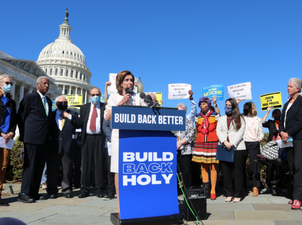
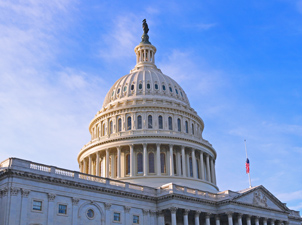
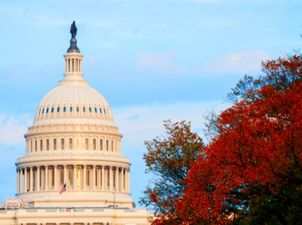
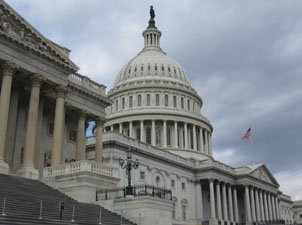
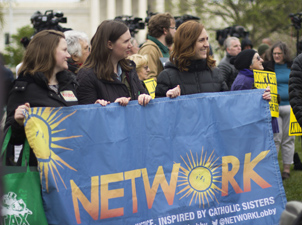
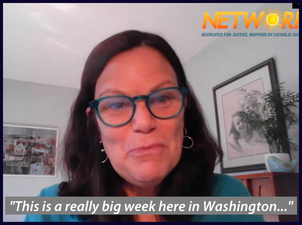
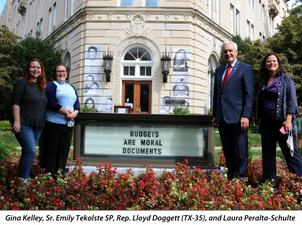 the ultra-wealthy and tax-dodging corporations pay their fair share, the Build Back Better plan will begin to reverse the persistent evil of the racial wealth gap and extreme economic inequality. It’s time to pass a budget that is truly equitable and inclusive for all, regardless of background or birthplace. It’s time for We the People to truly include all of us.
the ultra-wealthy and tax-dodging corporations pay their fair share, the Build Back Better plan will begin to reverse the persistent evil of the racial wealth gap and extreme economic inequality. It’s time to pass a budget that is truly equitable and inclusive for all, regardless of background or birthplace. It’s time for We the People to truly include all of us.